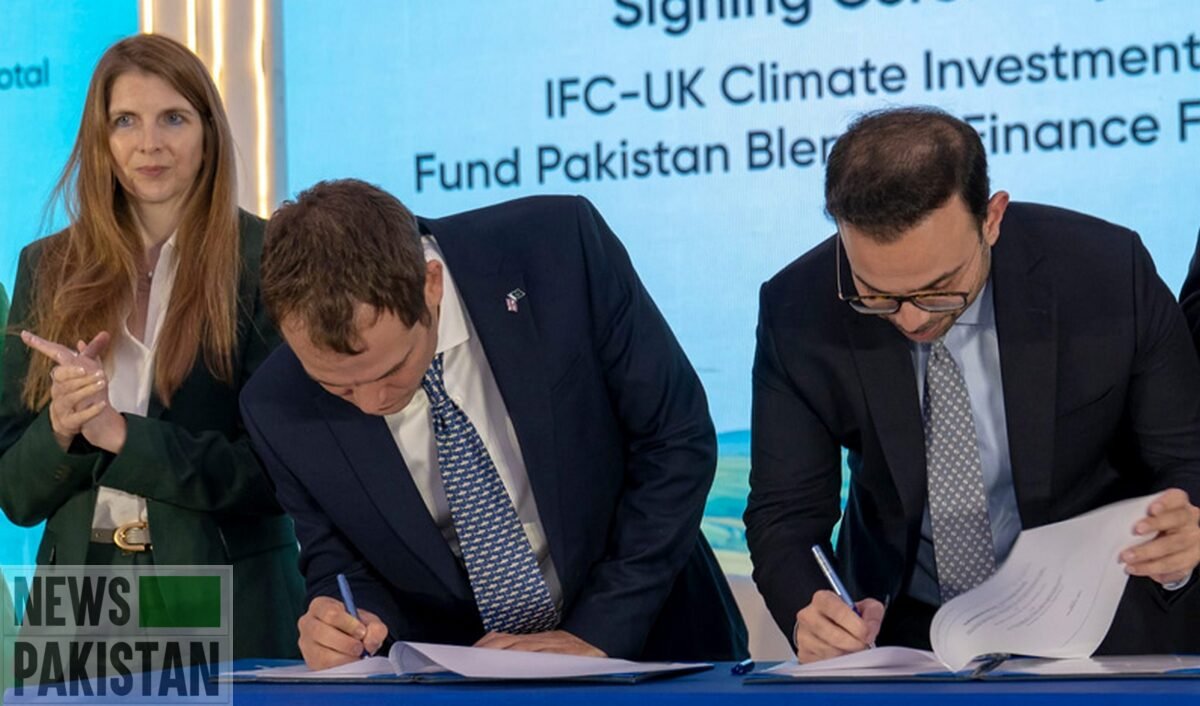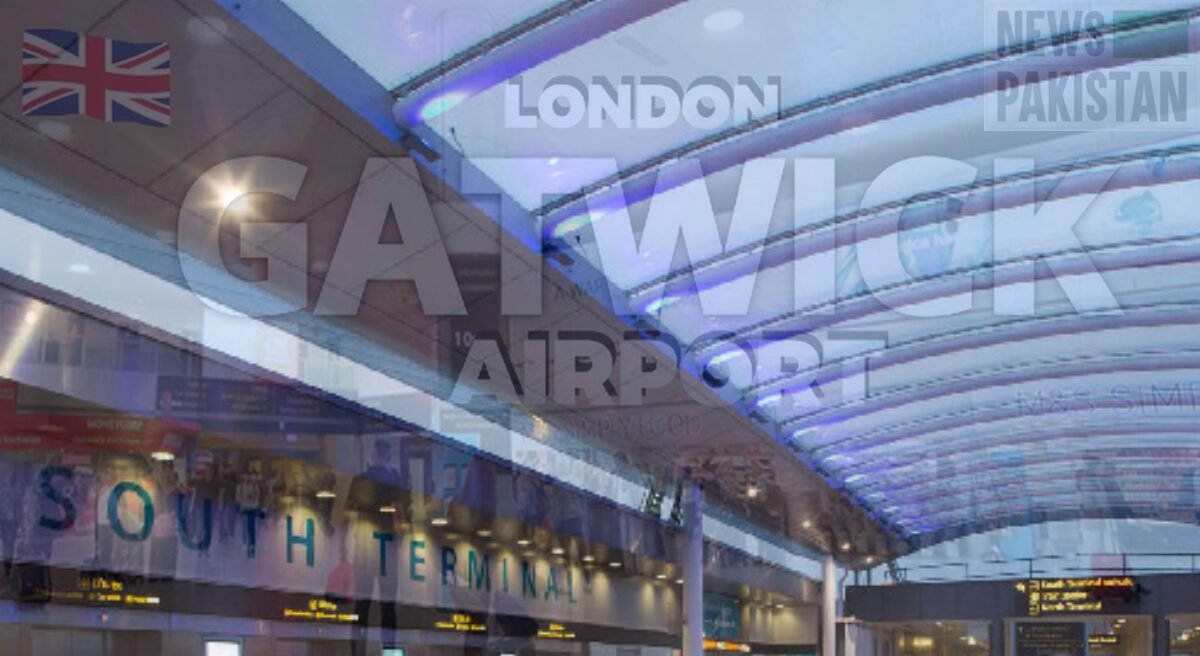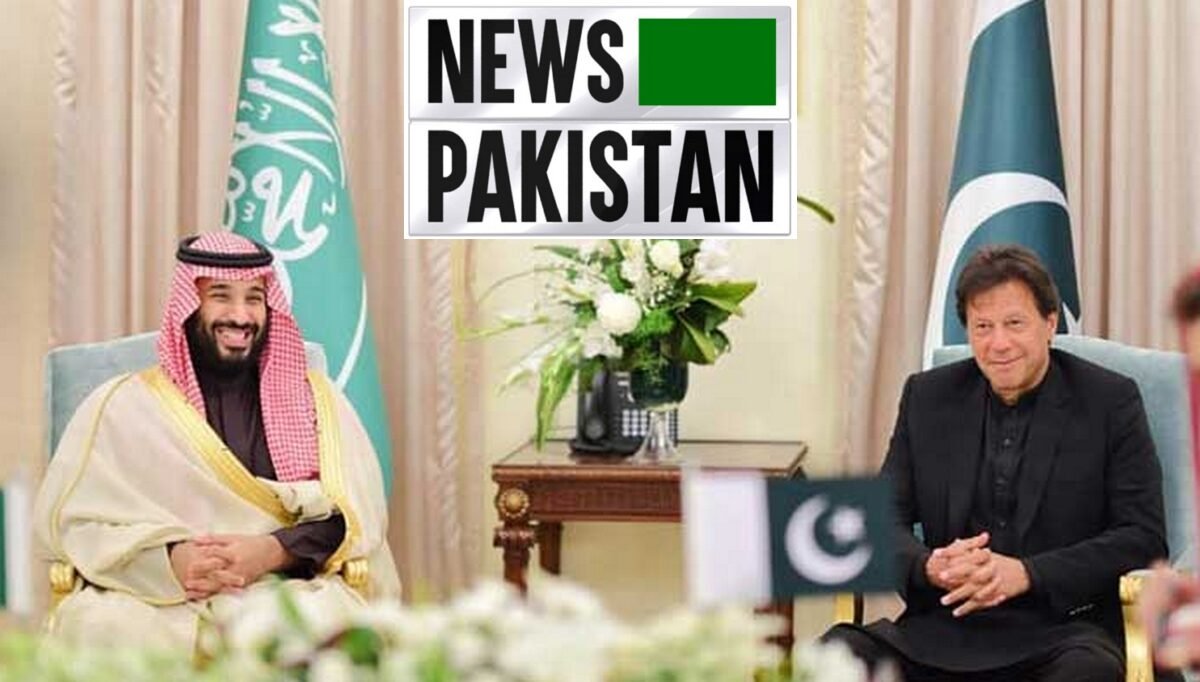MANHATTAN: The United Nations and the Islamic Development Bank Tuesday launched an initiative to help economic recovery as the world continues to grapple with the coronavirus pandemic.
Coming at a time when the global health and economic crisis have pushed millions of people into extreme poverty, Islamic social funding has the potential to provide urgently needed support for poverty alleviation, economic recovery, pandemic response, and sustainable development.
“Standing in solidarity with those in need, means exploring how Islamic social financing can support the pandemic response through the ACT-Accelerator and its COVAX Facility, as well as other initiatives and vehicles to ensure equitable access to vaccines, diagnostics and therapeutics”, UN Deputy Secretary-General Amina Mohammed said, in her opening statement at the high-level launch event.
Despite modest progress compared to 2020, the latest UN global economic forecast published on Tuesday, has revealed that surging COVID-19 cases, lagging vaccinations in poorer countries and widening inequalities, have dealt a major setback to the Sustainable Development Goals (SDGs).
Meanwhile, the UN-backed COVAX initiative continues to be the world’s only vaccine equity mechanism, to try and make sure developing countries don’t get left behind.
While COVAX has seen nearly 60 million COVID-19 vaccines shipped to more than 120 participating countries, it still needs $2.8 billion to end the acute phase of the pandemic by year’s end.
Islamic social financing, which operates on a faith-based principle of inclusivity and in line with the SDGs, remain a critical mechanism in promoting social trust, cooperation and solidarity in fighting poverty and hunger.
This encompasses traditional instruments – including $300 billion in annual obligatory almsgiving or zakat, charitable donations known as sadaqa, and endowments called waqf – as well as microfinancing instruments – such as benevolent loans.
“As we seek to overcome financial constraints, funding shortfalls and financing inequalities, we believe that Islamic social financing, itself built on the principles of fairness and justice, can open pathways to stimulate economic activity and promote social welfare, financial inclusion and shared prosperity”, Rola Dashti, Executive Secretary of the UN Economic and Social Commission for Western Asia (ESCWA), said.
To foster a better understanding of both Islamic social financing and existing UN platforms, the UN Institute for Training and Research (UNITAR) will facilitate the International Dialogue through a series of virtual seminars.
“Launching this dialogue during Ramadan, highlights the importance of helping those in need”, UN Special Adviser to the Secretary-General Ahmed Al Meraikhi said. “Never has it been so important to come together in solidarity to achieve the SDGs and alleviate the impacts of the COVID-19 pandemic”.
Running until November, Islamic social financing institutions, scholars and experts, are likely to join others in the international humanitarian and development system to take part in an extended conversation.
The Dialogues expect to produce an outcome report on leveraging Islamic social financing for the SDGs; establish a knowledge repository and e-learning modules at UNITAR; and yield concrete recommendations on the way forward – contributing to the Financing for Development in the Era of COVID-19 and Beyond Initiative.
“This partnership between the UN and the Islamic Development Bank will help realize the potential of Islamic social financing to support humanitarian efforts and achieve the SDGs during these challenging times”, Mahmoud Mohieldin, UN Special Envoy on Financing the 2030 Agenda for Sustainable Development, said.
Newspakistan.tv | YouTube Channel











